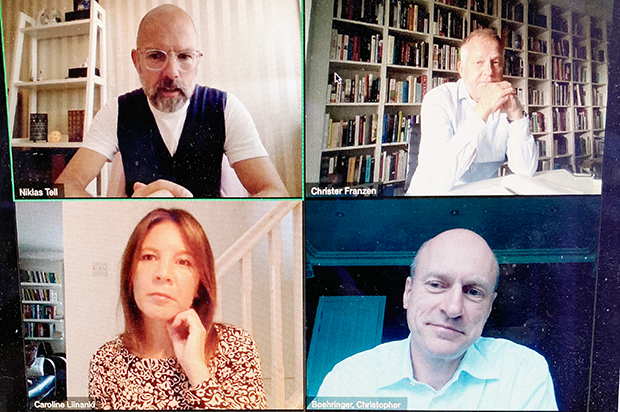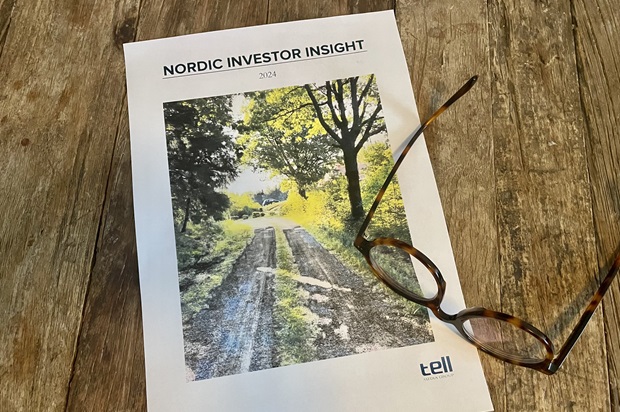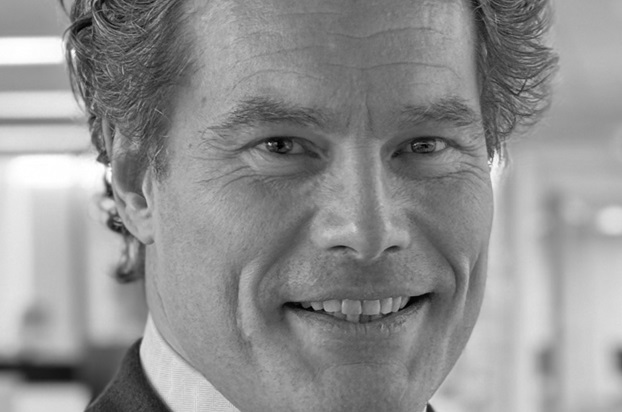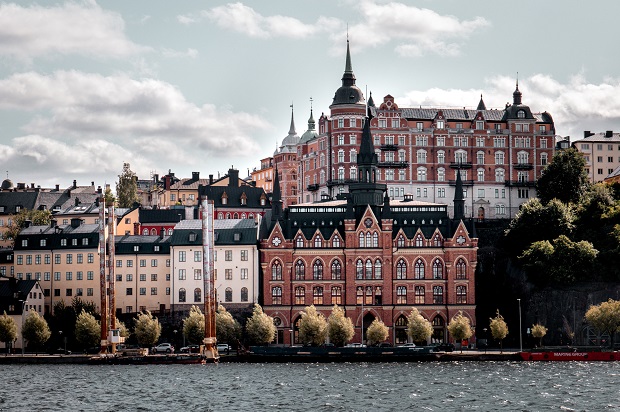
Discussing distressed debt
Earlier this autumn, Tell Media Group, in cooperation with Oaktree Capital Management, invited Christer Franzén, chief investment officer at Ericsson pension fund in Sweden and Jimmy Lundby, chief portfolio manager at Pensam in Denmark, to talk about investments in distressed debt. Tell Media Group founder Niklas Tell and Nordic Fund Selection Journal editor Caroline Liinanki moderated the roundtable.
The discussion started out with Caroline Liinanki asking the investors about their current allocation to distressed debt and experiences of investing in the segment.
Christer Franzén: “We have around 10 per cent of the portfolio within the private credit space. Today, distressed debt is a small portion of that compared to direct lending and private debt in general. We have one manager now in this area but have been holding off a bit as we've been waiting for a downturn in the economy. We thought that would happen in 2018 and then it didn't, so we've been waiting for a while to enter the distressed area."
Jimmy Lundby: “Our experience is similar. We were also of the opinion that the distressed cycle would come earlier and we did a distressed mandate back in 2016. But it didn't come. Then in 2019, we again thought that something where to happen so we did another mandate and that was in place in at the end of 2019. So we were sort of prepared to take advantage of any emergencies that might present themselves. In all fairness, we expected something to happen but it wasn't really a global pandemic.”
Niklas Tell: Would you say that central bank activity and the liquidity pushed into the market have taken away the opportunity or has it only deferred things to a later date? I assume that some of these companies will be in trouble further down the line.
Jimmy Lundby: “It very much depends on which sector we're looking at. Some sectors won't be that affected by what's currently going on, whereas other sectors will be exposed to a more severe downturn when you remove all these external funding lines from central banks or governments. So I think that there will be opportunities going forward. But I think these will be cases where you will need to roll up your sleeves and really do a lot of work. I don't think that there are many of the more trade-back-to-par investments to be made. I think it will be more about doing operational work in the specific assets.”
Chris Boehringer: “I agree that at the moment there's not easy money to be made by investing in publicly traded instruments and expecting them to snap back. That happened earlier this year but it was brief. We put quite a bit of capital to work in March and April and took advantage of that but now it's over. Where this cycle is very different compared to 2008, however, is that the real economy at the end of the day is going to be the driver. There are a number of sectors across the economy that are suffering and are fundamentally reliant on support and that can't go on forever. What we see in markets and what the data is telling us lead us primarily towards private transactions at the moment, rather than publicly traded distressed debt. Of course, for that you need to have some level of scale and patient capital. There will be some heavy lifting to be done but I think it’s more a question of being disciplined as to how you underwrite these things and the risks involved – we need to understand that this economic weakness could go on for a while. It may end up not being one investment but several investments into a business before it bounces back. And as always, the most important thing is to pick the right businesses and the right sectors. You really want to be looking for quality businesses – not businesses that were already weak before the environment changed.
A PDF version of the complete story can be found here.
//Roundtable participants



